Nowadays, people are upgrading everything, especially the essentials they use in their homes. If you think your boiler needs replacing, then you might wonder if a heat pump can replace it. We did the research to bring you an answer to this question, so keep reading.
A heat pump is a good replacement for a boiler when it comes to air and water heating. When installed properly, a heat pump is more efficient than a gas boiler, which means lower heating bills.
Although replacing your boiler with a heat pump sounds like a good idea, there are things you need to look into before deciding to replace it. Continue reading as we discuss the advantages and disadvantages of boilers and heat pumps to help you decide about replacement. We will also tackle some frequently asked questions. Let's get right into it!
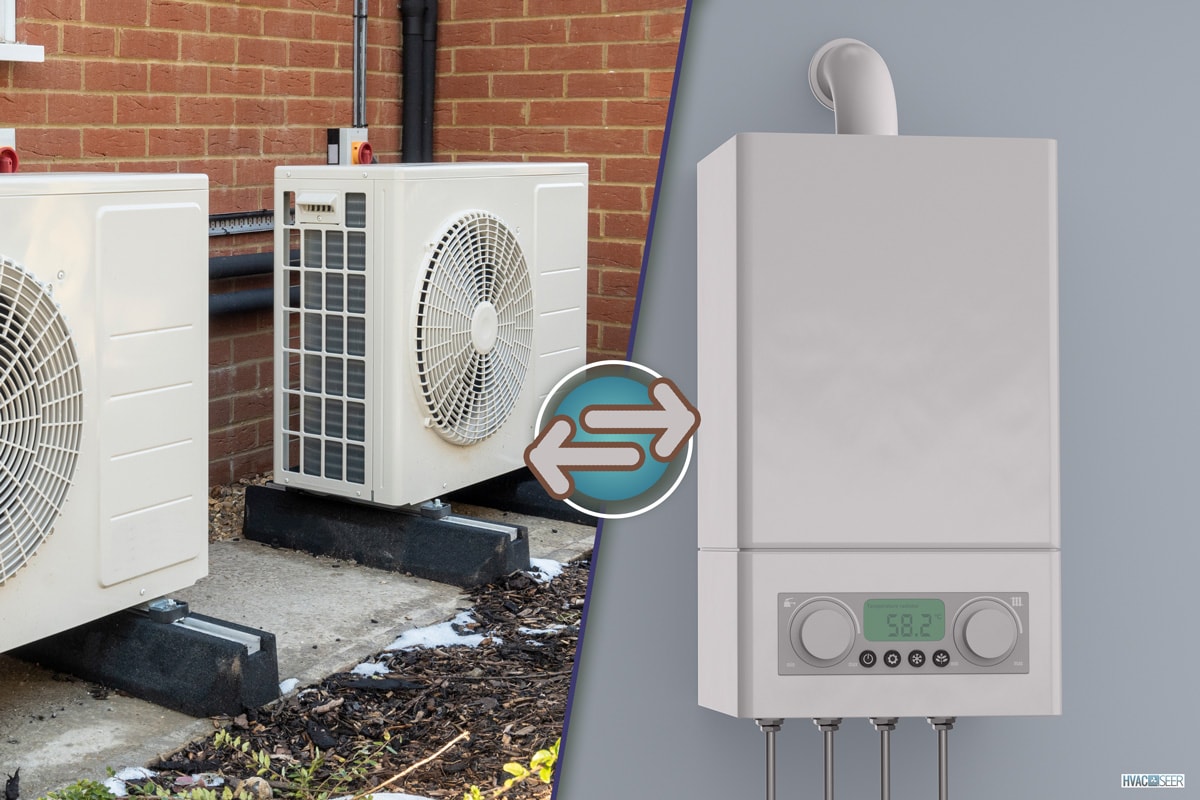
Can You Replace A Boiler With A Heat Pump?
As winter approaches, homeowners are looking for steps to save on energy bills while keeping their homes warm.
There are many ways to heat your home, such as a boiler. But if you find that your boiler is out of date or want a more cost-efficient way to warm your house, choosing a heat pump is one option.
A heat pump is an excellent alternative to a boiler for heating the air and water. It has good heating ability like a boiler but in a more energy-efficient way. Moreover, a heat pump does not use gas, propane, or oil to warm your house as gas boilers do.
The use of a heater that needs gas to operate has safety and health hazards. The gas can contaminate the air inside your house with carbon monoxide, which can lead to carbon monoxide poisoning.
Boiler Versus Heat Pump
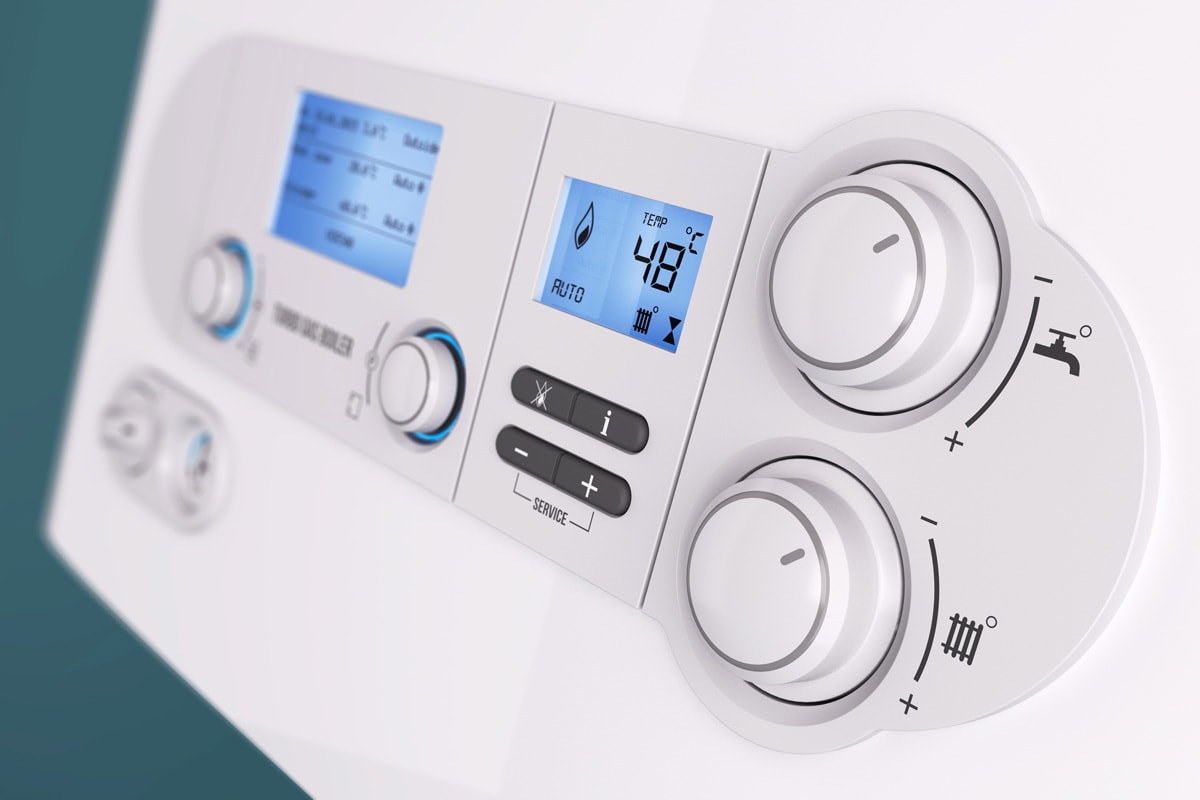
Although you already know that a heat pump can replace a boiler because of its heating ability, there are still things you need to consider before deciding if you need to switch.
A boiler comes in different types. You can choose from electric, gas, or oil-powered. Regardless of the type, boilers are still effective apparatuses that can be used for heating.
Meanwhile, heat pumps are like boilers that provide warmth to the house. However, they use electricity to operate, not gas or oil. Here are some of the differences between a boiler and a heat pump that you might want to know:
Energy And Cost-Efficiency
Both boilers and heat pumps are great heating devices. However, most homeowners are concerned about lowering their energy bills. A heat pump is generally more energy- and cost-efficient than a boiler as a heating system for your house.
A heat pump is usually between 300 to 400 percent efficient, which is higher than a boiler, which may be between 90 and 94 percent efficient. Using a heat pump will save you up to four times more than using a boiler when heating.
Heating Ability
When it comes to heating, a heat pump is advantageous in many ways. Heat pumps do not need to use gas or oil to operate, so you do not need to worry about those additional expenses.
Additionally, the temperature regulation of a boiler is not that efficient as you can have uneven temperatures throughout a room. A boiler is slow in heating a house. It takes more time to raise a room's temperature than a heat pump.
Loudness
Since boilers use water to heat the air inside a room, they seem noisier than heat pumps, especially when if a boiler is old and the parts are not in good condition.
On the other hand, heat pumps tend to be quieter due to how they operate. A compressor heats the air in the heat pump without using a high throttle to release the warm air inside the room.
Maintenance
Because heat pumps are simpler than boilers, they do not require ductwork. They are also low-maintenance compared to boilers.
Purpose
Unlike boilers which are entirely separate systems, a heat pump does not only serve heating purposes. Some heat pumps can also be used for cooling, air filtration, and even as a dehumidifier.
Boilers cannot do the same. You need a separate system for cooling since they are only made for heating purposes.
What Is The Cost Of Replacing A Boiler With A Heat Pump?
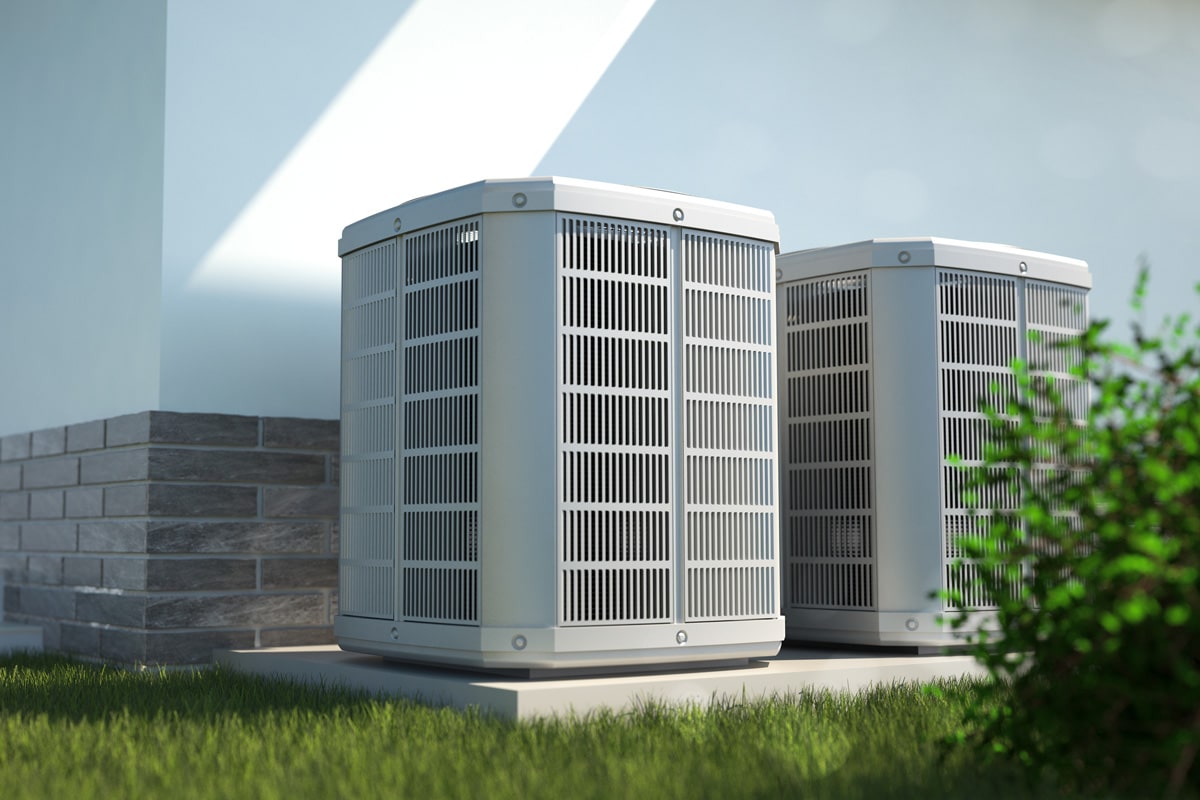
The cost of replacing your boiler with a heat pump depends on many factors, such as the room size, the type of heat pump, the labor cost, and the existing pipe works. It would help if you looked at these factors when computing the cost.
If you have a bigger room, you should expect a bigger heat pump which can increase the cost. However, replacing boilers with heat pumps can generally cost between $1,100 to $4,800.
Is Switching To A Heat Pump Worth It?
If you're trying to decide whether to replace your boiler with a heat pump, you might wonder if switching is worth the money. The short answer is yes.
This would ultimately come down to personal preference, but having a heat pump gives you more versatility compared to a regular boiler.
As mentioned earlier, a heat pump not only acts as a heater but can also be for cooling and even an air humidifier. With heat pumps, you are hitting multiple birds with one stone.
Does A Heat Pump Increase Home Value?
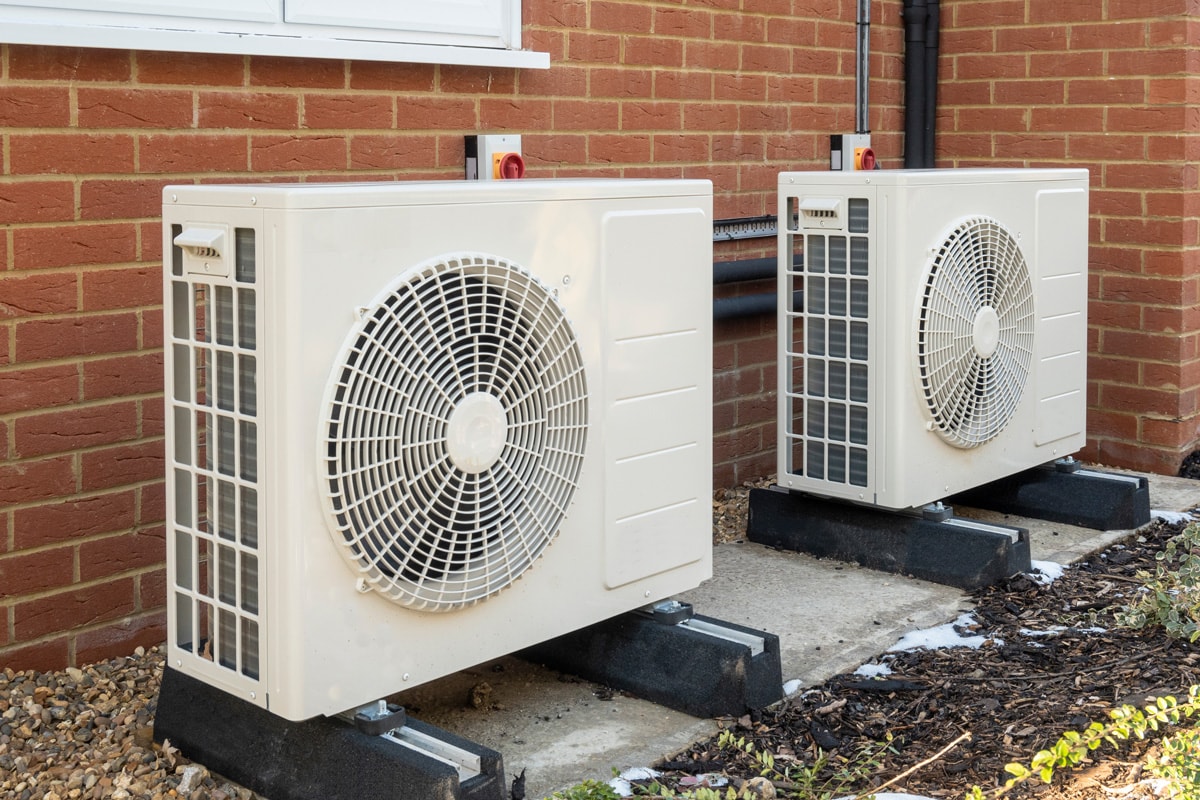
If you're thinking of moving or selling your home someday, you should know if adding things will increase your home value.
Replacing your boiler with a heat pump has many benefits. Aside from those benefits, it also increases your home value by as much as $10,400 to $17,000, which is a great asset when you sell your house.
How Long Does A Heat Pump Last?
A heat pump's lifespan depends on many factors, such as the type of the heat pump, the way it is used, and the proper and regular maintenance. However, generally speaking, a heat pump can last up to 10 to 15 years when properly maintained.
Also, do not expect the heat pump to last as long as air conditioners and furnaces because they are often used the whole year round. They should be properly and regularly cleaned monthly for optimal performance.
Can You Leave Your Heat Pump On All Night?
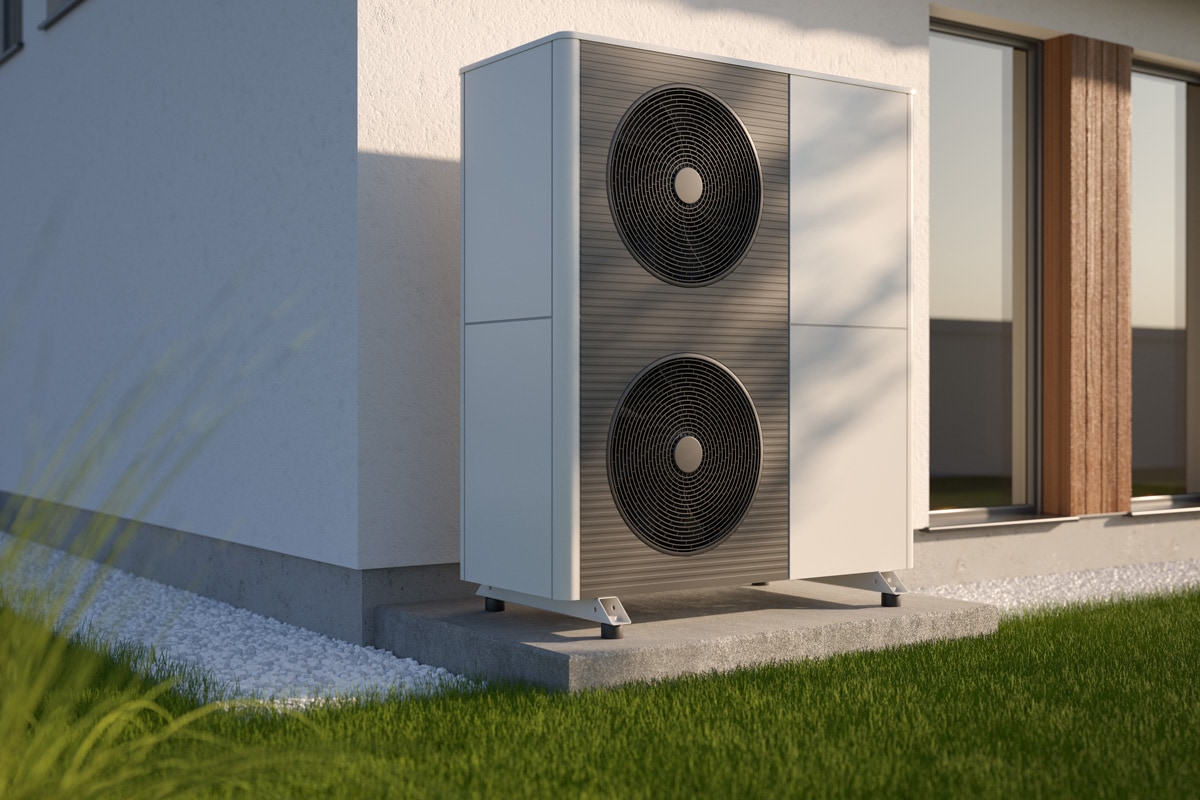
You probably wonder if leaving your heat pump on all night during cold seasons will save you more energy than turning it off.
Although you can leave your heat pump on all night, it will definitely not save you more on your energy bills. Leaving it on for longer will only increase your energy consumption.
Just like any other appliance, when you want to save on your bills, you need to turn it off when you don't use it. You can properly insulate your room so that when you turn off your heat pump, the temperature will not drop quickly.
Moreover, you also need to consider the right type and size of heat pump you need for your house. If you're living in a cooler place, you need to have the type of heat pump that is well-suited and can run well in cold temperatures.
Additionally, you can purchase a heat pump that has an inverter installed in it. Inverter heat pumps reduce the amount of energy lost during cycling, which in turn improves energy efficiency.
An energy-efficient home will reduce energy consumption resulting in lower bills. Lastly, it is important to set the timer for your heat pump so you will be able to control the right temperature you prefer while saving energy.
Click here to see this inverter heat pump on Amazon.
Final Thoughts
As winter approaches, there is a higher demand for home heaters. Most people are finding ways to save energy and lower their energy bills amid the growing prices of other products.
If you're considering replacing your boiler, a heat pump is a good option. It provides better and more efficient heating compared to a boiler. It is also a good choice because of its many benefits and advantages.
If you found this article helpful, be sure to check out these other posts:
Heat Pump Reaches Temp But Keeps Running – Why And What To Do
How To Tell If Your Heat Pump Has Auxiliary Heat
Where Is The Fuse On A Heat Pump [Inc. Payne, Carrier, Bryant & More]?

